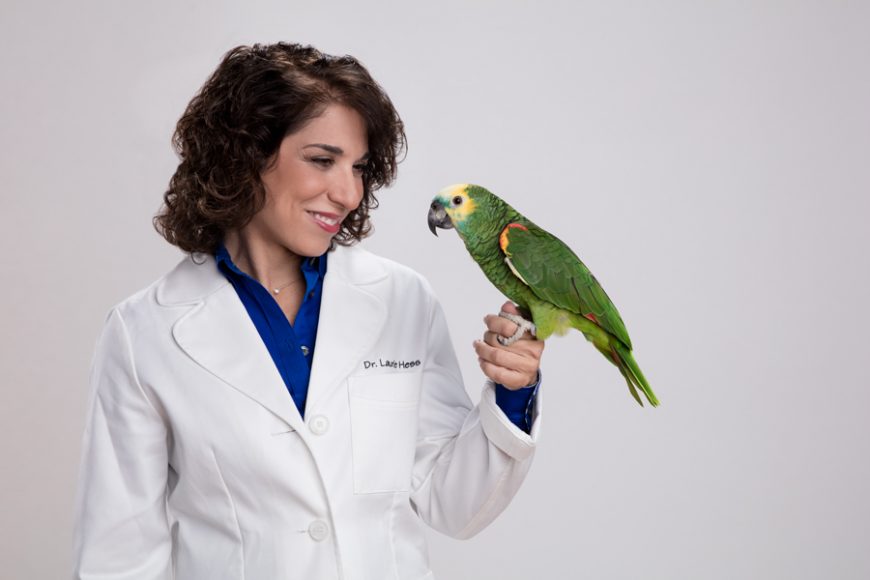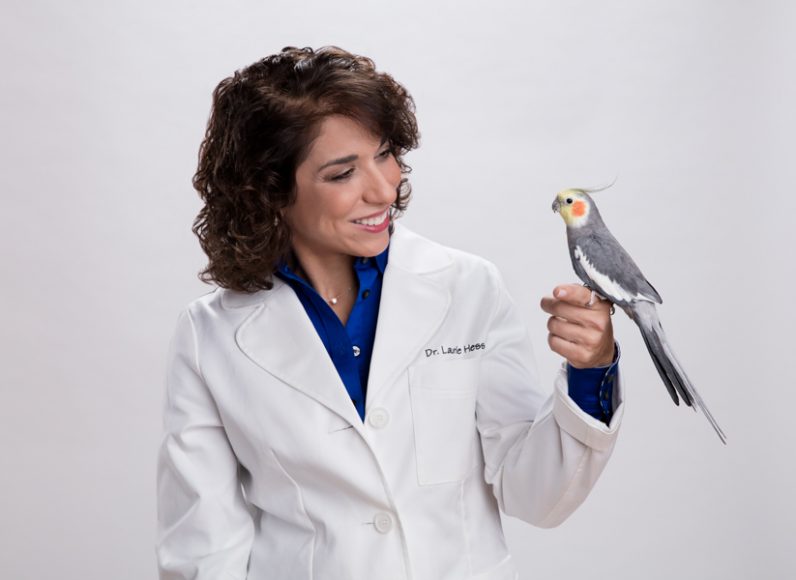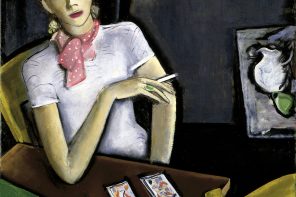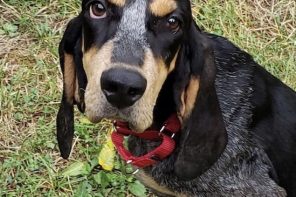That Laurie Hess didn’t scream and howl when she was bitten by a carriage horse in Central Park as a 3 year old could’ve been taken as a sign that she and animals were going to have a future together.
Hess, a veterinarian and the founder of the Veterinary Center for Birds & Exotics in Bedford Hills, grew up in an apartment on New York’s Upper East Side, where the family kept all manner of pets packed into a couple of rooms. She knew, she says, when she was around 15, that she wanted to work with animals, and then, after veterinary school, that she wanted to work specifically with exotics.
She took her time about doing it, however. When she moved to Westchester County, she worked at five different hospitals on a different day each week, until the opportunity came along to open her own facility. “I knew nothing about running an animal hospital,” she told me, during the course of a recent phone interview, “but between college and vet school I’d worked in marketing so I knew how to write and how to advertise.” With those skills, coupled with her professional qualifications, she found some “phenomenal” people and then went quickly from being a one-doctor practice to a three-doctor practice, with 10 staff members.
Now in her 26th year of practice, she says no two days are ever the same. She might see a bird, a bunch of reptiles and a rabbit one day and turtles and snakes the next. And the exotic pet business is booming. The medicine has evolved so far in the last few years, says Hess, that vets can now do myriad things they couldn’t do before. This includes CAT-scans and acupuncture as well as all matter of complicated surgery
And then there are the owners — as distinct, it would seem, as the pets they choose to keep.
“People say vets work with animals, because they don’t want to deal with humans,” observes the Hess, whose ‘pet-side manner’ must surely rival that of the tenderest physician. “But the amazing part of the job is actually the human relationships which you are privy to.”
She wrote a book a few years ago called “Unlikely Companions,” in which she talked a lot about the relationships she has with clients. One client, she tells me, “a big lumberjack kind of guy,” had a little sugar lighter (a kind of miniature flying squirrel, actually a marsupial), which he doted on. “It had cancer and he let me do all kind of treatments to try and save it, but I wasn’t allowed to call him at home because he didn’t want his family to figure out how much he was spending on the treatment.”
Some owners, she shares, “have all the money in the world” and may have purchased an exotic pet for, say, $5,000, but never think to bring the pet in for preventative care, or are reluctant to spend on its well-being. A less well-to-do family, on the other hand, might mortgage their house in order to pay the bills to look after a sick hamster they have just adopted — even though they could buy a ‘new’ one for $10. “Different perspectives,” she says, benevolently
Acquiring an exotic pet can be long in the planning, or it can be an impulsive act, because exotics are cute, or they talk (in the case of parrots) or whatever. This is unfortunate, says Hess. “Attractive, different and novel” are not good reasons to take on an exotic. Prospective owners need to ask the right questions, she adds: “ ‘Do I have the time to socialize a parrot?’; “Do I have the money to look after this turtle which is going to live for 50 years?’; ‘Do I have to put my pet in my will?’” There are other considerations, too. “If I get a snake, how will I feel about feeding it mice?” Well, precisely. This might be the point at which many would-be buyers step back and rethink their plan. “Exotic pets are great, but they’re not great for everyone,” has become something of a mantra for Hess.
We turn to rodents. “There are very cute rodents, like guinea pigs and chinchillas,” Hess affirms. (Guinea pigs, she points out, are tremendous pets for people with elementary school-age children, as they’re fairly easy to care for and don’t take up a lot of space.) She also thinks rats make terrific pets. “Rats are incredibly smart and incredibly clean — very fastidious animals, not what they’re made out to be. They physically like to sit with their owners — they’ll sit on your lap or on your shoulder. I think it’s the tail thing, which freaks people out.”
On the other hand, she’s against pet primates. “Yes, they’re cute as babies — child substitutes, because, let’s face it, they’re human — and you can put diapers on them, you can put a bonnet on them or put them in a stroller, and people do.” The problem is that as they become older and bigger and sexually mature, they completely change and can be dangerous. “Like a raging teenager out of control,” says Hess.
She’s “not a fan of” venomous snakes either — a nice bit of veterinary understatement. They can eat an infant. It’s the same with large cats. “You hear horrific stories,” Hess adds. The clue is in the name. They’re not called wild animals for nothing.
Like every business and household, the hospital has faced challenges during Covid-19. Comprising only 2,000 square feet, the waiting room and indeed the examining rooms are tiny, so social distancing is virtually impossible. Staff have been working in shifts, while owners have been obliged to stay outside, awaiting news of their beloved pets undergoing an examination or treatment at which they usually would have been present.
The center has also had to scale back on its treatment of wildlife. In “normal” times, the staff takes care of literally everything — songbirds, ducks, geese, heron, deer hit by cars that they end up having to euthanize because they’re not salvageable — and all free of charge. “People find injured wildlife in their backyard the whole time,” says Hess, who’s happy to care for it. But if it’s a baby bird that’s simply fallen out of its nest, say — something that apparently happens all the time — the hospital will suggest that in the first instance you try and put it back.
All this kindness costs money, naturally, and resources are limited, but if people want, they can, of course, contribute to the care of the injured animal they have brought in. “We would tremendously appreciate that,” says Hess, who, as well as being a dedicated veterinarian, strikes me not for the first time in our conversation as an understated one at that.
For more, visit avianexoticsvet.com.






